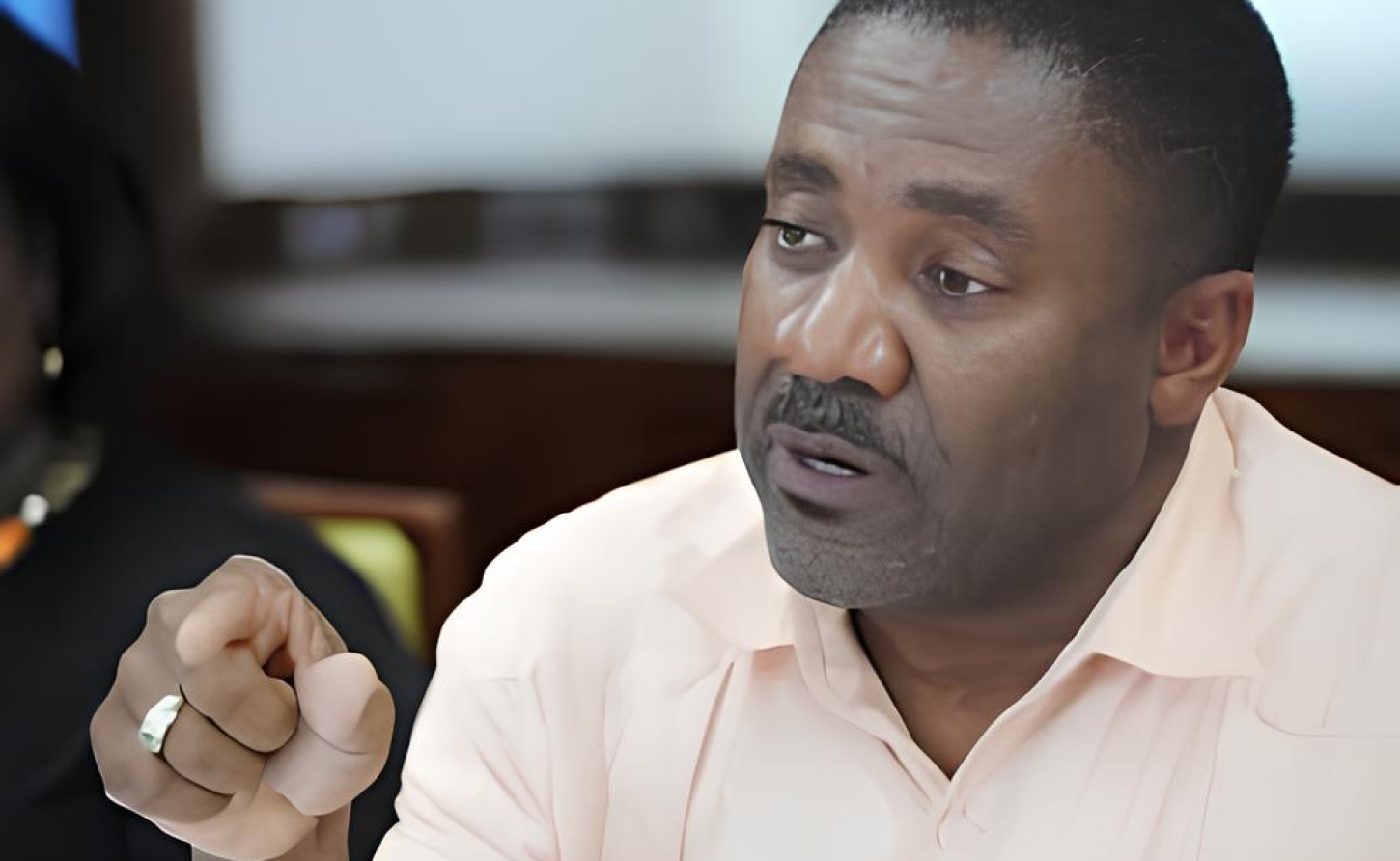JAMAICA | Storm Warnings: Paulwell Concerned over JPS Signal of Electricity Bill Shocker as Melissa Approaches

Utility company announces higher charges before storm even strikes, sparking demands for transparency and regulatory oversight
KINGSTON, JAMAICA, October 25, 2025 - Tropical Storm Melissa hasn't even seriously affected Jamaica yet—the island remains under a tropical storm warning—but Jamaica Public Service Company has already fired its opening salvo in what opposition spokesman Phillip Paulwell warns could be another post-storm billing controversy.
JPS CEO and President Hugh Grant announced yesterday that customers should brace for higher electricity bills due to the more expensive fuel mix required for generators during the anticipated storm.
The remarkably pre-emptive warning—issued before Melissa has caused any significant impact—has triggered sharp pushback from East Kingston's member of parliament Phillip Paulwell, the People's National Party's spokesman on Energy and Telecommunications, who is demanding full transparency and regulatory intervention before Jamaicans face another round of what he characterizes as questionable billing practices.
"While we understand the need for JPS to protect its assets and possible cost consequences, we are also mindful that customers require full transparency in JPS' billing process," Paulwell stated, before unveiling a four-point disclosure demand that reads like an accountability checklist the utility company has thus far failed to provide.
 JPS says customers should brace for higher electricity bills due to the more expensive fuel mix for generators that JPS must utilize during the storm.The Transparency Test
JPS says customers should brace for higher electricity bills due to the more expensive fuel mix for generators that JPS must utilize during the storm.The Transparency Test

Paulwell is calling on the Office of Utilities Regulation to closely monitor JPS billing actions and is demanding the company disclose: comprehensive billing cycle information with specific meter reading dates; the baseline fuel price before the storm; the precise methodology for fuel calculations including any weightings applied; and crucially, the projected fuel cost savings from generator shutdowns during the storm—savings that should, in theory, be passed on to customers.
The opposition spokesman isn't stopping there. He's challenging JPS CEO Grant's claim that solar and wind-powered independent power producers will contribute 20% during the storm, noting pointedly that "we have not heard any statement from the independent power producers to substantiate this claim." Paulwell is calling on the IPPs to verify Grant's assertion and for JPS to disclose any costs arising from impacted terms in JPS-IPP contracts.
The Ghost of Beryl
What makes this controversy particularly combustible is the specter of Hurricane Beryl. In July 2024, JPS faced widespread criticism for generating estimated bills for customers—including those with smart meters—and applying what Paulwell describes as "unusually high fuel charges" after the hurricane's passage. The anger hasn't subsided; if anything, it's created a hair-trigger sensitivity to any hint of billing irregularities.
"The JPS' unfair actions... is still fresh in the minds of many Jamaicans," Paulwell declared, his statement carrying the weight of unresolved grievances. He had called for the rescission of estimated bills then, demanding actual readings from the company's digitized billing systems. Now he's warning: "We hope that this terrible action will not be repeated."
The Accountability Gap
At the heart of Paulwell's intervention is a fundamental question about utility accountability during natural disasters. Should customers bear the full cost of expensive fuel mixes necessitated by storm operations, especially when generators are shut down for portions of the storm period? Where are the offsetting savings? And why should customers be asked to trust billing calculations they cannot independently verify?
The opposition spokesman's renewed call for "a fully disaggregated bill" strikes at this transparency deficit—a demand for line-by-line clarity that would allow customers to understand exactly what they're paying for and why.
As Tropical Storm Melissa approaches Jamaica's shores, a different kind of storm may already be brewing. With the Office of Utilities Regulation now publicly called upon to intervene, and JPS facing demands for unprecedented disclosure, Jamaican electricity customers are watching to see whether this time, transparency will trump trust-us-we're-the-experts.
The question isn't whether JPS faces legitimate storm-related costs. The question is whether Jamaicans will be asked to pay those costs blind—or whether this time, they'll finally see the full bill.
-30-
